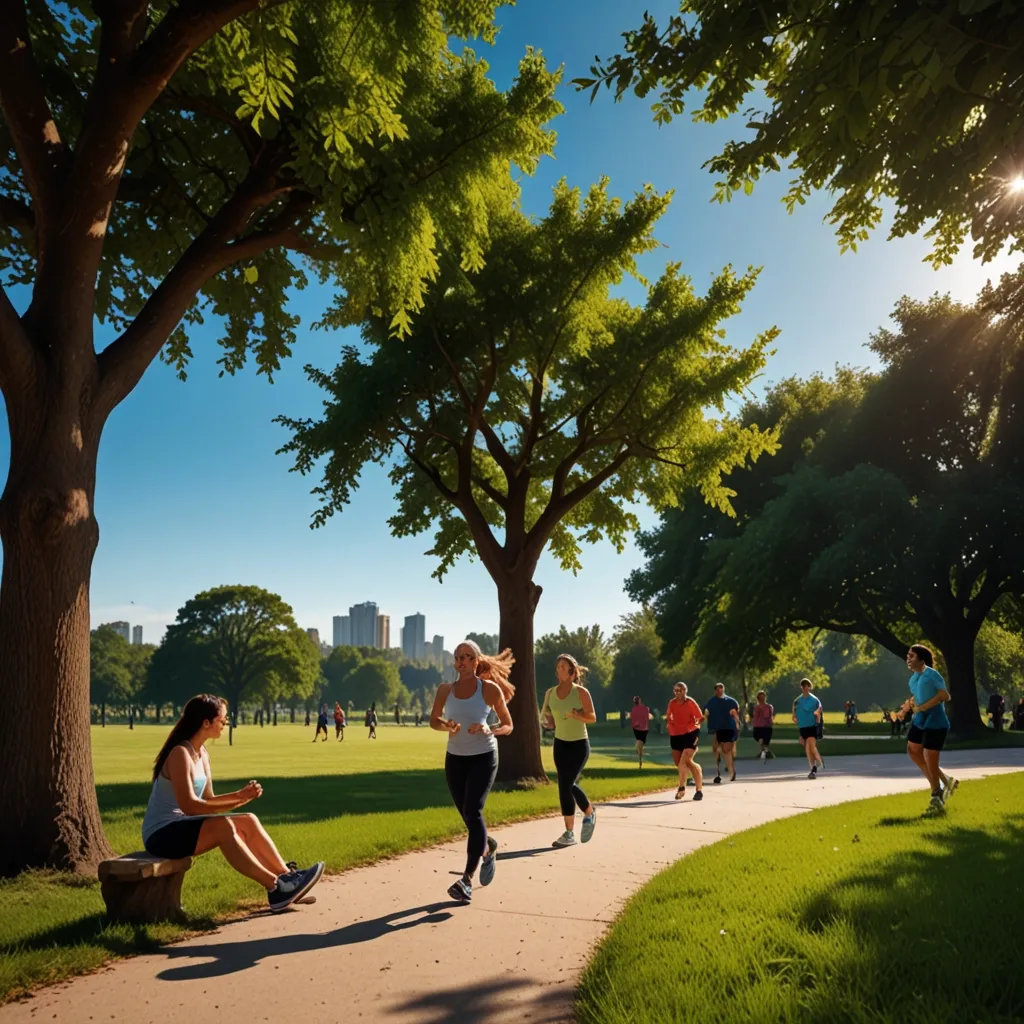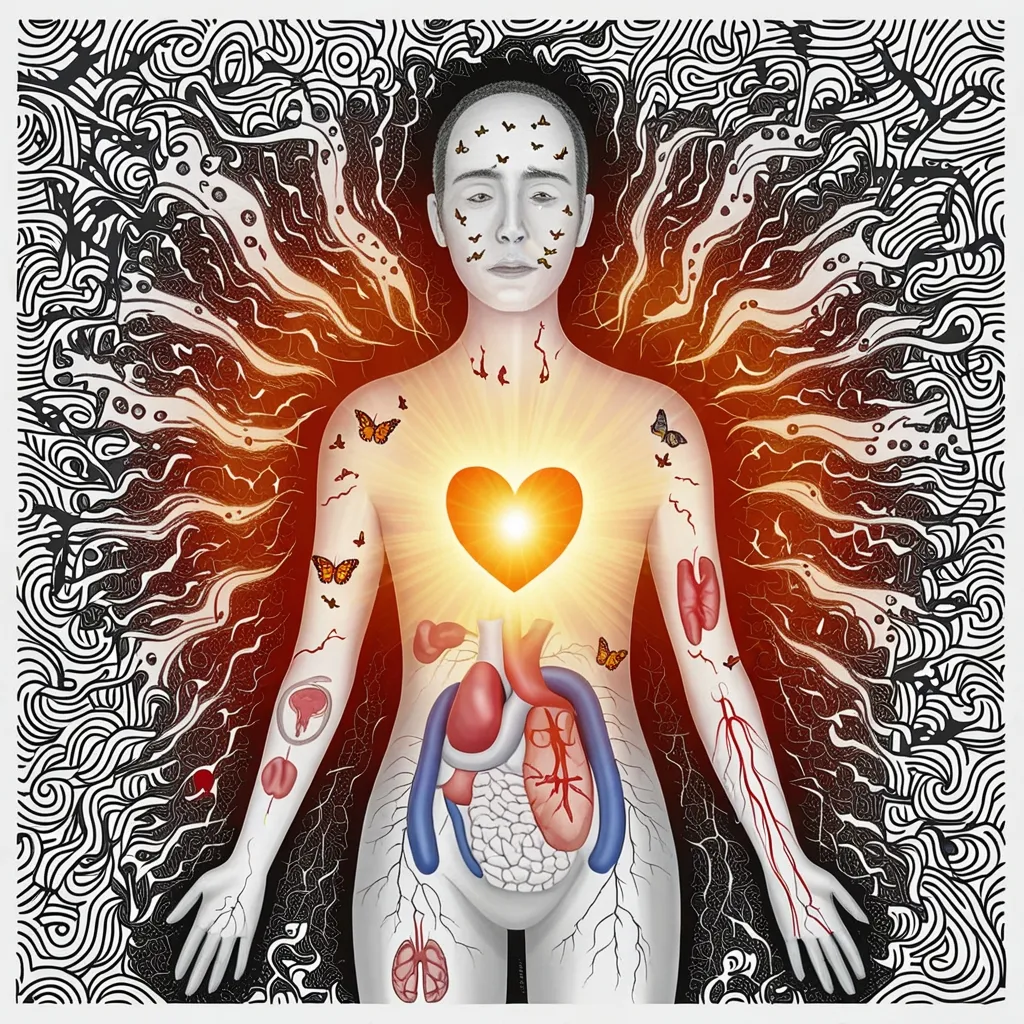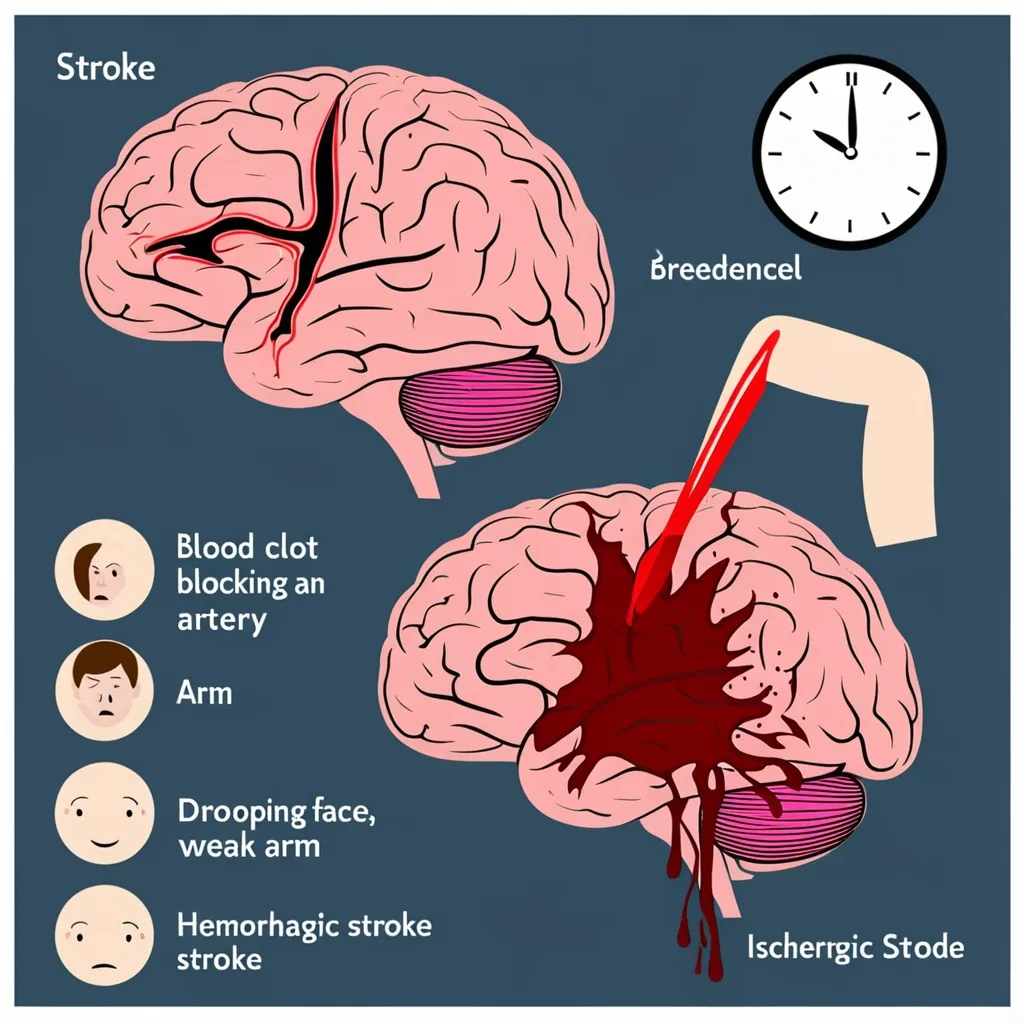Alright, let’s dive into boosting brain health! It’s more than just keeping sharp; it’s about feeling awesome all around. Here’s an easy-peasy guide to get started.
Celebrate Wins and Aim High
Setting big goals is great, but don’t forget the little milestones. When you hit those minor targets, your brain gives you a dopamine boost, making you feel motivated and happy. Plus, it keeps your brain’s frontal lobe in tip-top shape.
Talk Yourself Up
Positive self-talk is a game-changer. When anxiety hits, it really narrows your choices. But confidence opens up creative problem-solving. Just telling yourself “I’ve got this” can do wonders.
Get Moving
Exercise is gold for your brain. It helps the hippocampus, which controls memory and learning. You don’t need to be a gym rat—walking, taking the stairs, or playing with your kids works just fine.
Think Deep
Challenge your mind with new info. After reading something or listening to a podcast, figure out what you learned and how it applies to you. Summarizing the key points helps too.
Embrace Gratitude
A little gratitude goes a long way. It boosts serotonin, making you feel happier. Spend a few minutes each day being thankful, and you’ll see improvements in your mood and even your immune system.
Eat Smart
A brain-friendly diet can do wonders. Focus on whole foods like nuts, fish, and berries. They’re packed with nutrients that support brain health and overall well-being.
Build Bonds
Social connections are super protective for your brain. Good friends can buffer stress, improve sleep, and even boost your immune system. So, keep in touch regularly.
Read More
Reading is like a workout for your brain. It can slow down memory decline and improve brain function. Paper books are best since they engage multiple senses, enhancing memory and comprehension.
Manage Stress
Stress is bad news for your brain. Try meditation, deep breathing, or mindfulness. These techniques help you relax and reduce fear responses.
Stay Busy
Keep your brain active with puzzles, new skills, or hobbies. These activities can build a cognitive reserve that helps protect against decline.
Cut Screen Time
Too much screen time can mess with your sleep. Blue light from screens reduces melatonin, making it harder to fall asleep. Cutting down, especially before bed, can help you sleep better.
Stay Hydrated
Water is crucial for brain function. Dehydration can mess with your focus and mood. Drink water throughout the day to keep your brain running smoothly.
Sleep Well
Sleep is when your brain recharges. Aim for 7-9 hours nightly to process information, strengthen memories, and clear out toxins.
Boost Dopamine with Goals
Dopamine helps with motivation and focus. By setting small goals and celebrating them, you keep the dopamine flowing, reducing stress and keeping you motivated.
Incorporating these strategies into your life can make a big difference in your brain health. You’ll feel sharper, better, and more ready to tackle whatever comes your way.






